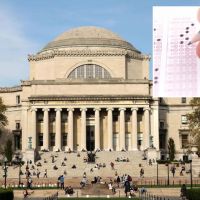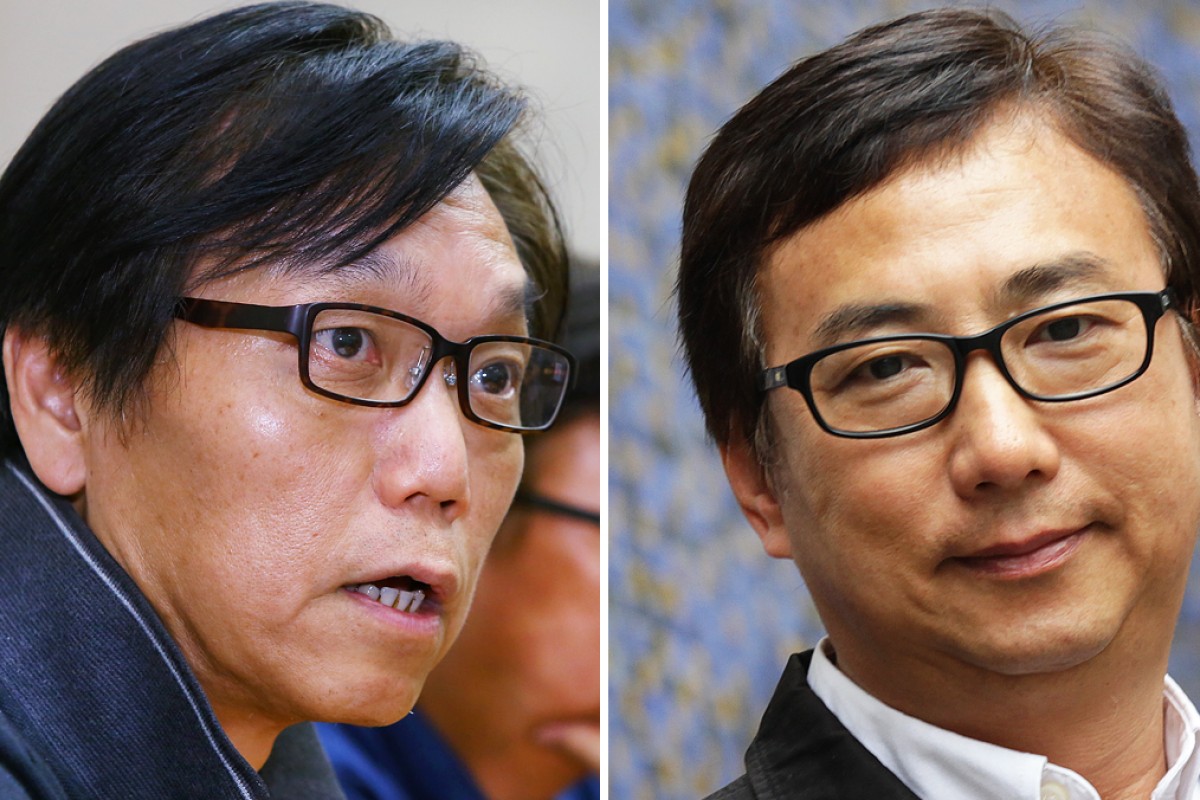
Yet when prompted with questions from political orientation assessment tests, the model responses were against the death penalty, pro-abortion, for a minimum wage, for regulation of corporations, for legalization of marijuana, for gay marriage, for immigration, for sexual liberation, for environmental regulations, and for higher taxes on the rich.

Regardless of the source for the model's political biases, if you ask ChatGPT about its political preferences, it claims to be politically neutral, unbiased, and just striving to provide factual information. In which case, those biases might have percolated into the model parameters. Perhaps that group of human raters was not representative of the wider society and inadvertently embedded their own biases in their ratings of the model's responses. These ratings were then used to fine-tune the reinforcement learning module of the training regime. He noted that a team of human raters was involved in judging the quality of the model's answers. Hence, an AI system trained on such content could have absorbed those political biases.Īnother possibility that could explain these results was suggested by AI researcher Álvaro Barbero Jiménez. It is conceivable that the political leanings of such professionals influences the textual content generated by those institutions. It has been well-documented before that the majority of professionals working in those institutions are politically left-leaning (see here, here, here, here, here, here, here and here ). Such a corpus would probably be dominated by establishment sources of information such as popular news media outlets, academic institutions, and social media. ChatGPT was trained on a large corpus of textual data gathered from the Internet. The most likely explanation for these results is that ChatGPT was trained on content containing political biases. All the dialogues with ChatGPT while conducting the tests can be found in this repository.

All four tests, the Pew Research Political Typology Quiz, the Political Compass Test, the World's Smallest Political Quiz and the Political Spectrum Quiz classified ChatGPT's answers to their questions as left-leaning. The results were consistent across tests. Since ChatGPT provides responses to almost any query provided to it, I decided to use several political orientation tests to determine whether its answers display a skew toward any particular political ideology. In the first five days after its debut on November 30, over 1 million people had already interacted with the system. OpenAI recently released ChatGPT, one of the most impressive conversational artificial intelligence systems ever created.


 0 kommentar(er)
0 kommentar(er)
